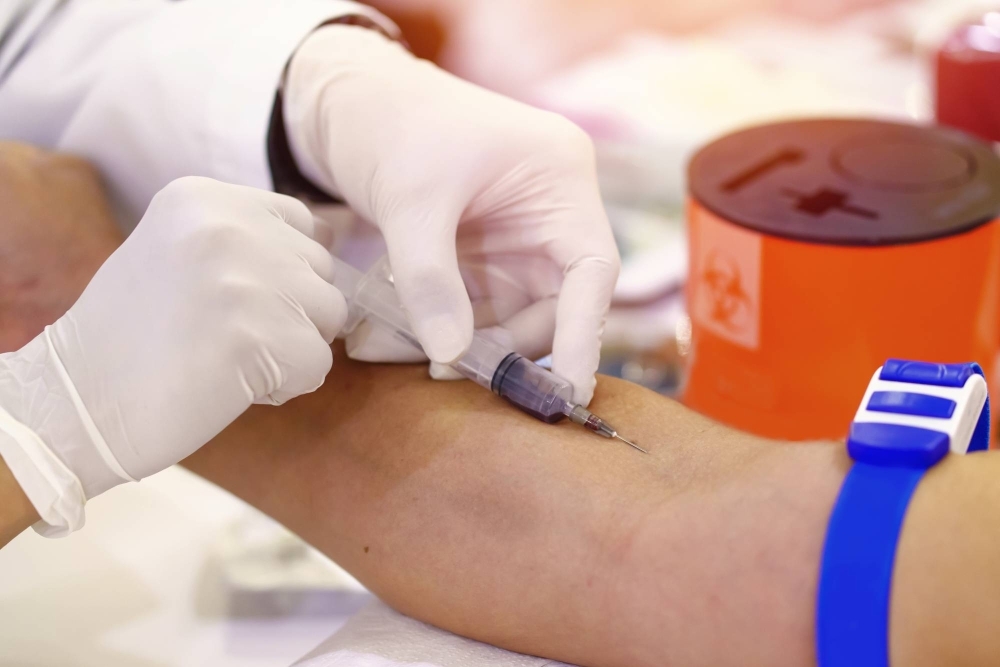We’ve made significant progress in developing better treatments for multiple sclerosis over the last two decades. Yet the medical community still struggles to diagnose the neurological condition, let alone intervene or study it in its earliest stages, before damage has been done. What we need is a simple test that can definitively tell a patient if they have MS — or are on the road to developing it.
It’s still a distant scenario, but a discovery from researchers at the University of California at San Francisco brings it a bit closer to reality.
The UCSF team has identified a distinct collection of immune cells that seem unique to a small group of MS patients — a marker that shows up not just when they show symptoms, but years earlier. The finding is only relevant for a small slice of MS patients, but it still is an advance worth celebrating.



